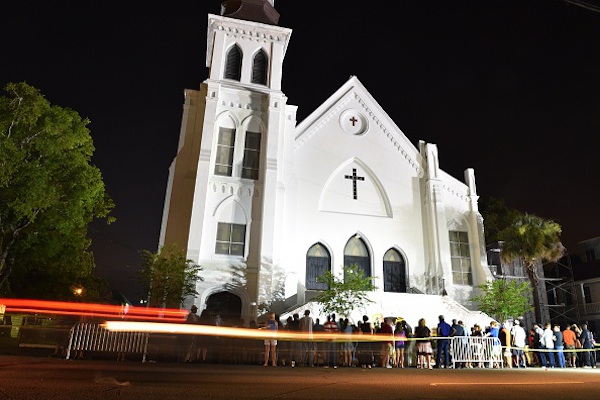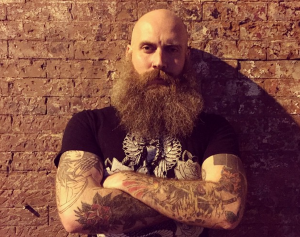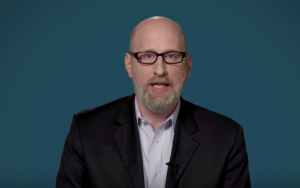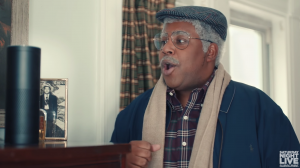
My husband David French talks about forgiveness in his latest National Review article:
Terrorism is a tactic because it so often works. Jihadists know this all too well. They’ve been violent enough, long enough, that the mere threat of bloodshed can lead to self-censorship and intimidation. In the Middle East, terrorists have used violence against innocent Israeli citizens (and used the attendant blaze of publicity) to not only win the support of the larger Arab world but also to, incredibly enough, curry sympathy with millions of Europeans. Terrorists have proven they can change national policies, change public opinion, and even change cultures — all in their favor.
But not always. And certainly not in South Carolina. In fact, it’s difficult to recall a more profound terrorist failure than Dylann Roof’s attack on Charleston’s Emanuel African Methodist Episcopal Church. Yes, he succeeded in his immediate object of killing innocent men and women, but if he sought to weaken the bonds between black and white Americans, to weaken the power of the black church in the black community, or to in any way discredit the black community itself, his failure was total. That’s because of the character of the people he victimized, and it’s ultimately because of the power of the Gospel of Jesus Christ.
RELATED: Why We Shouldn’t Tear Down the Confederate Flag
It is common after terror attacks to hold unity rallies, for people to unite in mourning, and for politicians to declare that terrorist violence will not succeed. Sadly, events often prove those declarations hollow as, slowly but surely, society bends to the terrorists’ will. And yes, the immediate aftermath of this attack featured the same calls for unity and the same rallies. But it also featured something else — an act that rocketed around the nation and the world, leaving the rest of us in awe.
It’s hard to imagine an act more reflective of the Gospel — not just in action but in effect — than the families’ forgiveness.
That act was an act of Christian forgiveness, caught “live on tape,” as we used to say. The grieving family members of racist terrorism looked the unrepentant terrorist in the eye — and forgave him. With this act, these victims demonstrated clearly and unequivocally the power of the Gospel and the enduring power of the black church. Roof targeted a symbol of African-American hope and resistance, yet his action strengthened that symbol immeasurably.
I was in Charleston yesterday, standing with my oldest daughter on the sidewalk outside Emanuel church, and I was struck not just by the powerful words of the service — broadcast to the hundreds gathered on the street outside — but by the hunger in the media for an explanation. Why the hope? Why the courage? Why the expressions of joy in the face of unimaginable suffering? The answer came again and again. It was Jesus Christ, and this is Christ’s church.
It’s hard to imagine an act more reflective of the Gospel — not just in action but in effect — than the families’ forgiveness. In His own moment of maximum suffering, Christ forgave his unrepentant killers. Christ was crucified to end his ministry and discredit his cause. Yet His presence has touched the ends of the earth. In their own moment of maximum suffering, the victims’ families forgave an unrepentant terrorist, and now their Christian ministry and their Christian message is touching the world.
Read the rest of the article on National Review here.
Read more on the Patheos Faith and Family Channel, follow Nancy on Facebook, Twitter, and Instagram!










